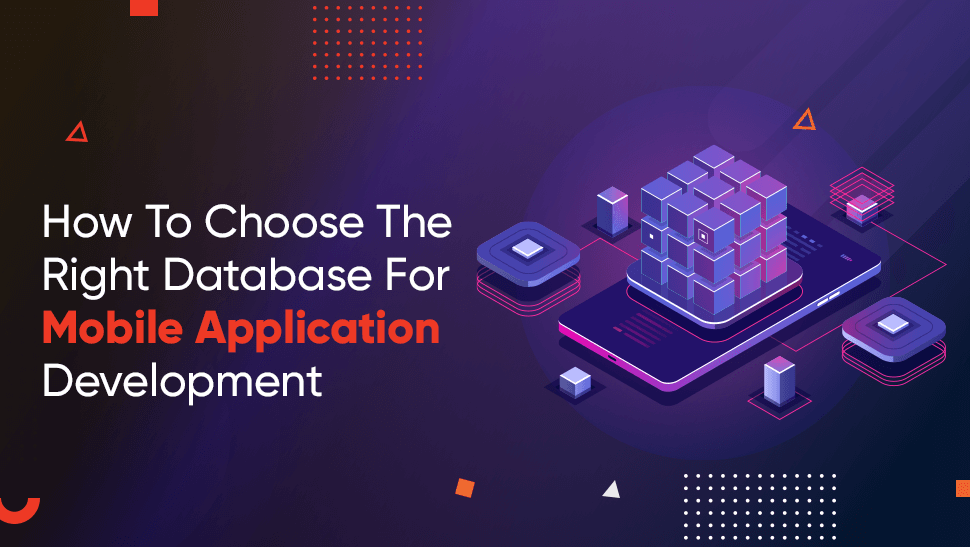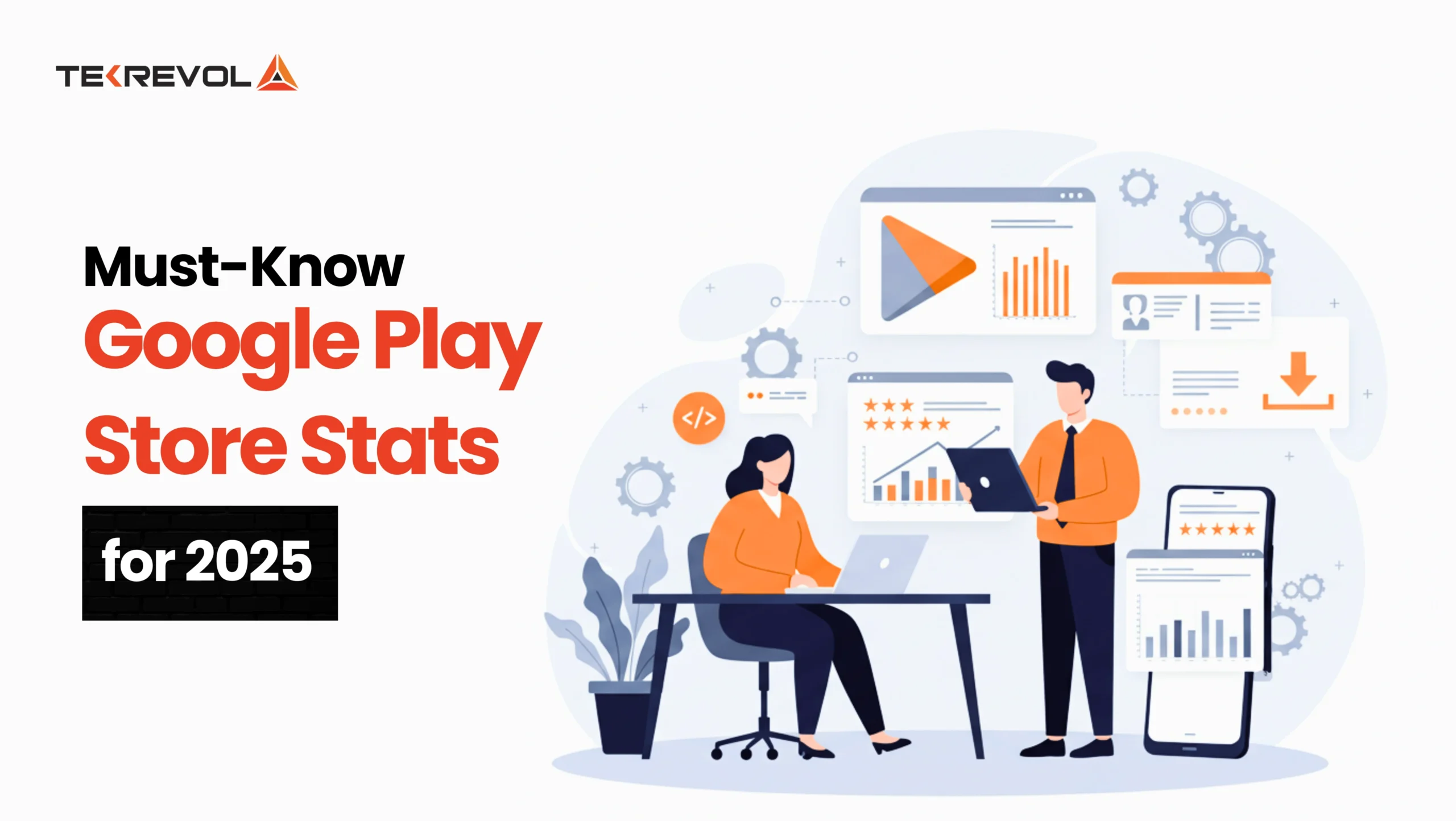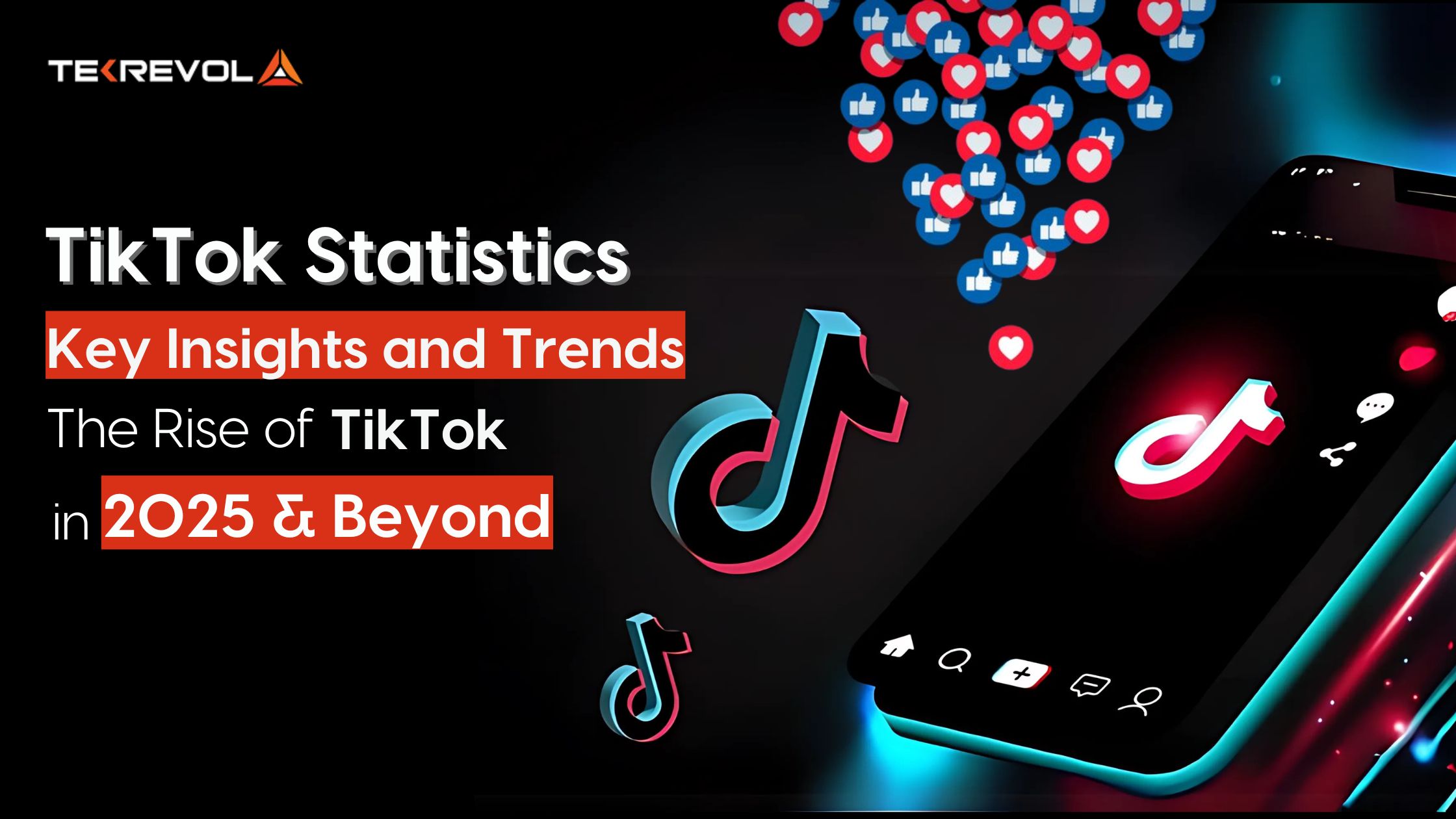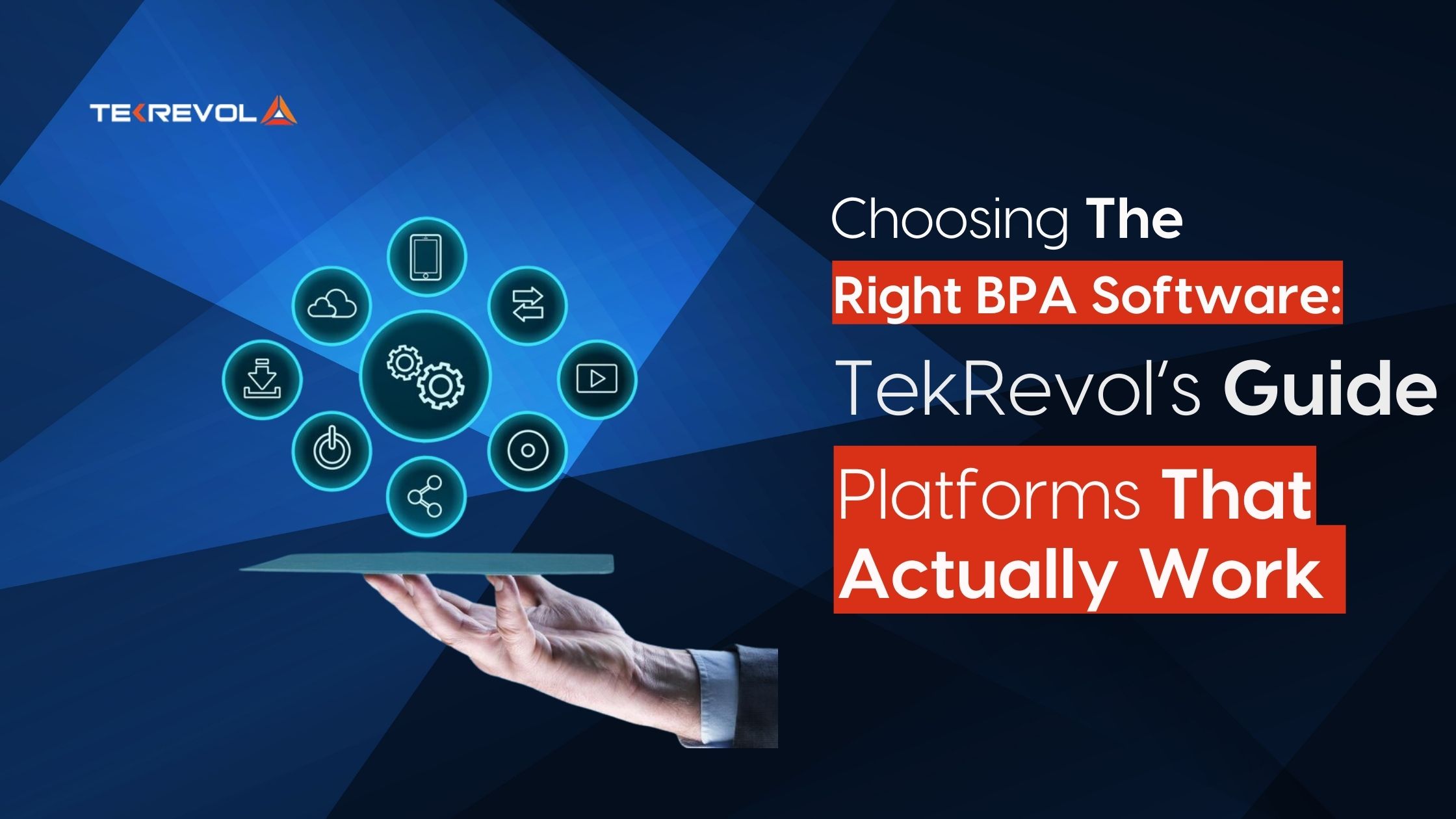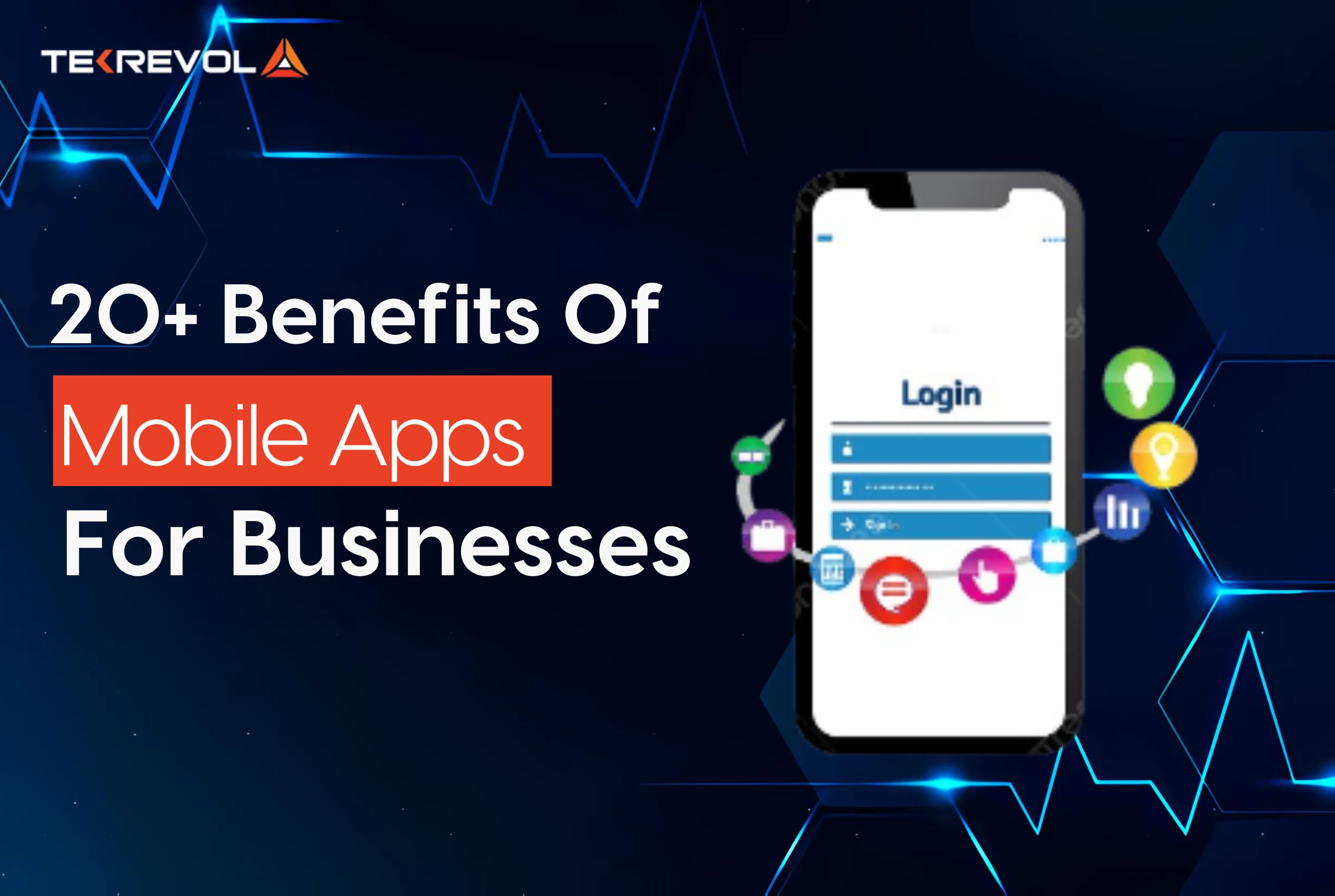When developers start working on a new mobile app, one of the biggest challenges is picking the right database, especially when there are so many options for app databases.
The right database helps in developing a mobile app and updating the existing mobile app. The app database determines if your mobile app can handle numerous users (new or old) and regular updates and maintenance.
- Looking for a company that can take care of the entire mobile app development? Tekrevol is ready to be that company for you.

What Are App Databases?
Databases or mobile app databases are an organized collection of structured information as per the mobile app requirements.
The databases are stored electronically on a PC – desktop or laptop. Databases are managed, updated, and edited using database management systems (DBSM). The combination of the stored information, the DBMS, and the mobile app they’re associated with is known as a database system or database for short.
The data is most commonly stored as rows and columns to make data processing and management easy and fast.
Developers use a common language to structure app databases known as SQL or Structured Query Language. The programming language makes it easy to access, manage, modify, update, control, and organize large amounts of data. The language dates back to the 1970s; however, it’s not the only programming language used for app databases today.

Why Use A Mobile App Database For Development?
Apart from the obvious reasons, there are various other reasons why databases are important for mobile app development.
The obvious reason is to manage a large amount of data that comes with mobile app development.
Now, let’s discuss some of the other reasons.
- Dependable – The information stored on app databases is highly dependable because a DBMS includes a checking system that points to any errors needed to be removed.
- Secure – App databases ensure high data security from theft and hacking. DBMS comes with multiple user logins, and any new user needs permission before they can access the database.
- Hassle-free updates – DBMS comes with DML (Data Manipulation Languages), which ensure a smooth and convenient update of app databases.
- Easy Research – With the help of DQL (Data Query Languages), developers can search through app databases within seconds.

The Types Of Mobile App Databases
If you look around, you’ll notice most objects in your surrounding have types, be it a chair or a smartphone.
Speaking from a mobile app development perspective, it might be surprising, but even databases have types.
Let’s look at some types of app databases.
Centralized Database
I think the name speaks for itself.
A centralized database is meant for storing data in a “center” location.
Let me elaborate.
When I say “center” location, I mean this type of database is saved in a single location, and it can be accessed from any other external resource.
For example, if you store all the data on your work PC, you can easily access it from your personal PC if it’s a centralized database.
Distributed Database
In essence, distributed and centralized databases might sound the same, but there’s a slight difference.
A distributed mobile app database is a complete set of information in the current database and the data saved on other devices. The data is usually stored in different locations.
NoSQL Database
NoSQL is the only kind of database that functions differently from all the other app databases. Common app databases store data in rows and columns; however, NoSQL has a flexible schema that lets a developer store data in numerous shapes and sizes.
Cloud Database
Cloud database apps function in the cloud (somewhere in the air).
Cloud-based database apps are a great breakthrough because they offer a large amount of space to store data. Cloud is technology over the internet that works like a centralized database because it can be accessed from anywhere and always available.
End-User Database
Have you ever shopped online? Or do you own a social media page?
If you’ve done either, I’m sure you remember entering your name, email, and other PII (personally identifiable information).
The information is saved on an end-user database. Other than that, have you ever accepted cookies on a website? The cookies are stored on a database, which helps personalize your online experience.
The entire process runs in the background, and it doesn’t harm the user information.
Commercial Database
Organizations run on enterprise-based database applications, which means they require a large database to store employee information.
This is where commercial app databases come in; they offer immense storage and login controls to ensure data security.
Relational Database
Expanding organizations are always trying to create relationships between two or more app databases. This is what we call relational data, and managing this kind of data is easier with a relational database.
The data is usually stored in rows and columns, making it easy to establish a relationship between databases.

The Most Popular Mobile App Databases For Development In 2022
We discussed the type of app databases, and now we’ll be looking at all the options you have in the market.
However, remember to consider the database that fulfills your requirements.
MySQL

One of the longest-running and most famous mobile app databases is MySQL. It is an open-source, multi-threaded database that has evolved since its launch in 1995. The software is written in C or C++ language.
PostgreSQL
PostgreSQL is another DBMS that was released shortly after MySQL, in 1996. The software is written in C language.

It’s a great relational database that makes it one of the best databases for iOS apps and Android. Developers can customize it as they please, which is another reason it’s a great choice for mobile app development.
SQLite

SQLite, as the name suggests, is a “lighter version” of the famous MySQL database. This is one of the app databases that is embedded and allows developers to offer mobile phone users local data storage.
The open-source compact library-based database offers all the features of a relational database, making the development of a database app for Android and iOS a breeze!
MongoDB

MongoDB is another famous database commonly used for building mobile apps because it offers immense scalability.
Another great feature of the document-oriented database is its flexibility. It uses JSON with optional schemas.
Realm DB
Realm DB is another relational DBMS that looks and works like a conventional database, but the data can be stored very efficiently. The database was specifically created to assist in mobile app development.

The database, like SQLite, allows smooth development of cross-platform apps. Another great feature of Realm DB is that it allows the storage of data on disk and memory.
ORMLite
ORMLite is the “lighter version” of ORM (Object Relational Mapping), another famous database for mobile apps. The database allows the developers to simplify SQL functions because it comes with a flexible query builder.
The database is a great choice for large-scale mobile apps that carry huge amounts of data, like a social media app. However, ORMLite might not be the perfect fit because it’s bulkier and slower than SQLite or Realm DB, yet faster than other ORMs.

The Criteria To Choose A Database
Would you ever buy the first pair of shoes you find at the mall? No. Likewise, when choosing the right database for your mobile app, you need to make sure it fits the criteria.
These are some factors to consider that will help you choose the right database.
The Data Structure
The structure of your data revolves around how you prefer to store and retrieve your mobile app’s data. Mobile apps have several data formats, like offline apps store data on smartphones, while online apps store the data on servers or the cloud.
A third option is synchronized apps, which are online apps but can store data on smartphones. Pick a database that fulfills your app’s requirements.
Data Modeling
Some apps need multiple databases to store a large amount of information and before you pick one, model your data in the order you need it.
Did you know Uber uses MySQL, MongoDB, among other databases, to store their data? This is to structure, control, and manage their high volume of data.
Additionally, another thing to consider is how much flexibility the database offers you because that will determine if you can alter your data easily overtime.
Data Size
Remember the Uber example I gave you? The developers and business owners understood the need for multiple databases because they operate in multiple countries and handle a large amount of data.
Likewise, you need to acknowledge the amount of data you will be storing. Apart from that, you also need to address the possibility of more data in the future.
If you invest in a highly compatible database right now, that would mean you have access to more storage and can quickly generate and retrieve data from the database.
Data Security
During and after mobile development, the biggest concern is data security. Databases store a wide range of confidential and private information that needs protection against hacking and malware.
To ensure optimum data security, you need to study the features of your chosen database. The best type would offer an integrated authentication system and the use of third-party security service providers.
Cross-Platform Or Not
Are you developing an app for Android, iOS, both platforms, or more? Will your app be available for wearables or offer cloud support?
If your long-term plan is to expand into more markets, choose one of the app databases supporting cross-platform development. The database will make it easy for you to scale, adapt, and expand in the future.
Data Conflicts
It’s common for companies to run into some data conflicts when they structure or manage large amounts of data. For such situations, you need a dependable mechanism offered by the database you’re using.
Your choice of the database should have a built-in mechanism for identifying and resolving conflict – this is a common feature in most mobile app databases. However, a bonus is if the database allows the integration of external mechanisms.

In Conclusion
Mobile apps will continue to be a significant part of the digital market because they’re a great medium for revenue-generation. As per marketers, by the end of 2021, the global mobile app revenue will touch $582 billion, which is a 48% increase as compared to previous years.

 2485 Views
2485 Views March 10, 2021
March 10, 2021